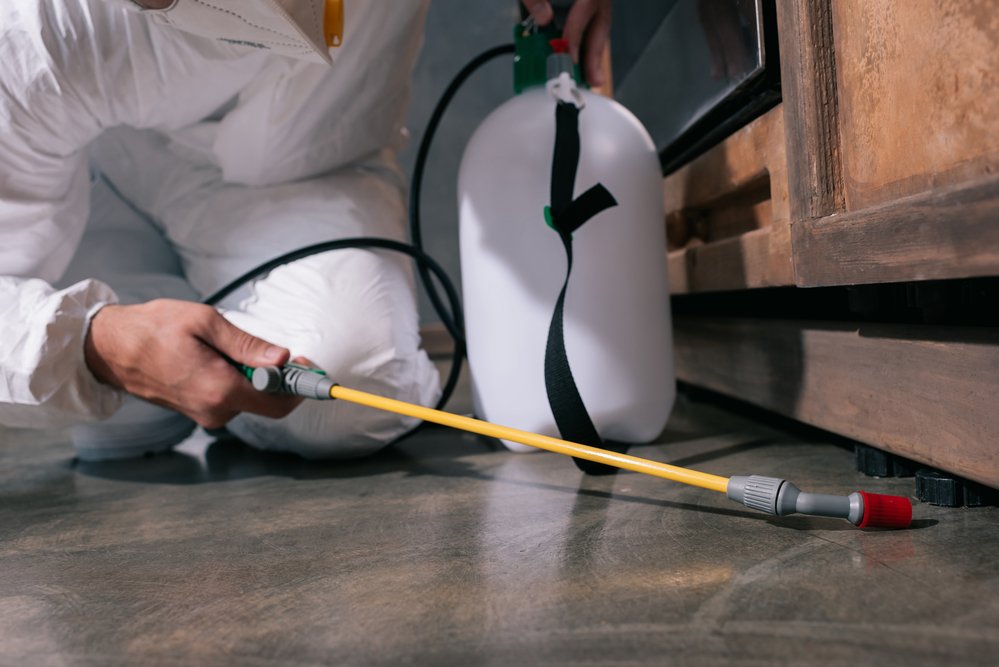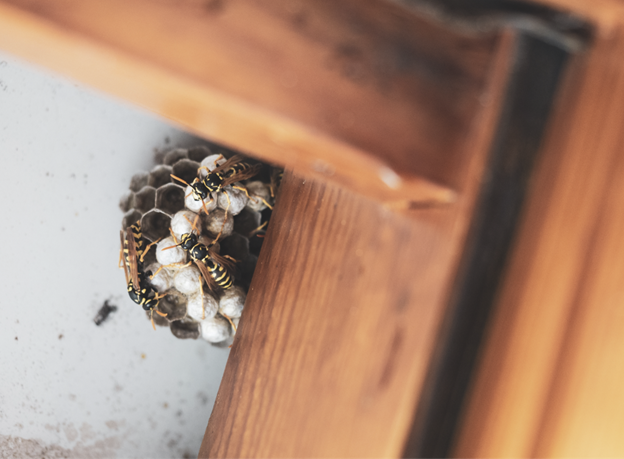Newcastle is a vibrant city with beautiful historic architecture and a thriving culture. However, its humid climate and old and new construction mix also make it prone to pest infestations. Dealing with pests like mice, insects, squirrels, and birds in the home can negatively impact health, safety, and quality of life. Thankfully, Newcastle residents have access to professional pest control solutions. This guide covers common pests, pest prevention tips, and when to call the experts for pest control in Newcastle.
Common Newcastle Pests and Health Risks
Several types of annoying and potentially dangerous pests may invade Newcastle homes. Understanding what pests you’re dealing with and their risks is key to properly addressing infestations.
Mice and Rats
Renowned for fitting into tiny spaces, mice and rats enter homes seeking warm shelter and easy meals. They spread diseases like hantavirus and leptospirosis through urine and feces contamination in pantries and living spaces. Rats also aggressively guard territory, and wiring damage from gnawing can cause house fires.
Cockroaches
Known for lurking around dark, humid areas, cockroaches enter structures via pipes and drains. Large infestations produce foul odors and trigger allergies, plus they spread bacteria like Salmonella and E. coli by traversing unsanitary areas.
Bed bugs
Bed bugs hide in bedroom furniture and feed on human blood at night. Their bites irritate skin, disrupt sleep, and are difficult to eradicate. Travelers often transport them into homes unknowingly after staying in infested hotels.
Pigeons, Seagulls and Sparrows
Pigeons, seagulls, and sparrows flock on and around buildings, causing noise nuisances plus considerable damage. Their droppings erode paint and stonework and carry fungal spores, leading to illness if inhaled. Birds also build nests in roof spaces that can spark fires with loose sticks and feathers.
Stinging Insects
Bees, hornets, and wasps thrive during Newcastle’s warm seasons. They build hives and nests under roof eaves, in trees, and underground, posing serious sting threats. Some people suffer severe allergic reactions to venom, and thousands of residents have phobias triggered by buzzing swarms.
Preventing Pest Infestations
While pests themselves adapt extremely well to their environments, there are key tactics Newcastle households should employ to lower infestation risks, including:
Seal cracks, crevices, and pipe entryways: Caulking and weatherstripping doors and windows prevent access by mice, insects, and some reptiles. Stainless steel wire mesh caps on chimneys deter squirrels, birds, and rodents.
Store foods properly in airtight containers: Bins and jars prevent pantry access by insects and rodents. Refrigerating animal products like pet food prevents odors that attract secretive pests.
De-clutter infrequently used areas: Attics, basements, and storage sheds with discard piles encourage nesting and breeding. Proper sanitation and organization remove resources pests exploit.
Manage moisture carefully: Fixing plumbing leaks, maintaining HVAC units, and ventilating rooms lowers indoor humidity and is beneficial to removing roaches and mold. Proper exterior drainage deters nest digging.
Trim vegetation adjacent to buildings: Long grass and shrubberies up against foundations provide cover and nesting sites. Creating buffer zones keeps yard pests farther away.
Follow sanitation protocols around waste: Taking garbage to exterior cans frequently, clean recycling, composting properly, and securing can lids containing odors and residues pests feed on.
Implement nematodes for grub control: Applying predatory roundworm organisms called nematodes to lawns eats destructive grubs in turf root zones. Grubs attract underground tunneling varmints for feeding. The eco-friendly method reduces chemical usage substantially.
When to Call Pest Control Experts
While homeowners can execute some prevention measures independently, severe Newcastle pest cases often warrant professional intervention. Calling local experts ensures proper species identification, specialized treatment plans, plus full eradication not achievable through fragmentary over-the-counter methods.
Infestation signs necessitating certified pest control in Newcastle include:
– Visible rodents like rats running across floors
– Numerous mice dropping piles or urine stains
– Cockroach swarms emerging at night
– Bed bugs in sleeping areas or bite marks on skin
– Bee, wasp or hornet hives growing exponentially in size
– Pigeons or seagulls gathering on a residence in flocks
– Squirrels or birds entering attics or walls
– Mosquito concentrations remaining dense after sanitation improvements
Control specialists utilize integrated solutions to protect people, pets, and properties for long-term prevention. Professional exterminators in Newcastle also adhere to public health regulations documentation protocols benefiting insurance claims and utilizing lower toxicity products minimizing environmental footprints.

Pest Control Methods and Procedures
Once commissioned for an infestation, Newcastle pest control teams thoroughly inspect sites for contributing conditions, signs of activity, and best access points. Comprehensive analyses enable tailoring treatment plans specific to identified species.
Popular pest control methods used by pros include:
Rodenticides
Specialized rodenticides made with anticoagulant ingredients eliminate mice and rats. Different formulations deploy via bait stations, loose pellets, or foam for treating challenging areas rodents frequently.
Insecticide Sprays and Dusts
Advanced insecticides eliminate roaches, ants, silverfish, and spiders through direct contact and digestion. Fogging applications permeate large-scale infestations while crack and crevice sprays treat hideouts. Microscopic dusts desiccate small spaces.
Fumigation
For severe spreading, gaseous fumigant pesticides provide penetration surrounding eggs and nests. The method works well on wide-ranging pests like fleas, fabric beetles, termites, and wood borers.
Heat Treatments
Super-heating spaces to lethal temperatures exterminate all life stages of bed bugs and similar resilient pests. Radio wave devices, steamers, and thermal chambers raise heat while monitoring sensors protect structures.
Falconry
Master falconers utilize raptors like hawks, falcons, and owls to clear nuisance flocks of pest birds from properties through natural hunting instincts without harming landscapes.
Nematode Applications
Microscopic nematodes target turf and plant-destroying larval grubs without chemicals when spread. The organic option resolves underlying food sources, drawing skunks, moles, and raccoons communally.
Additionally, reputable pest control in Newcastle providers adheres to recognized quality assurance programs for service benchmarks. Practitioners with Chartered Environmentalist status from the Society for the Environment ensure balancing maximum effects on target species with minimum impacts on natural systems using integrated solutions.
The Bottom Line
Left unchecked, Newcastle pest infestations jeopardize homeowner investments through accelerated structural deterioration, threats to physical health, plus major disruptions to living standards via contamination and losses. With proper identification, targeted high-grade treatments, and damage prevention, Newcastle pest control experts stop the endless cycles of seasonal reinvasion, dramatically improving household environments. Acting at first signs with certified specialists ensures safe and effective pest solutions, benefitting entire communities while conserving the historically rich Newcastle built environment for posterity.

